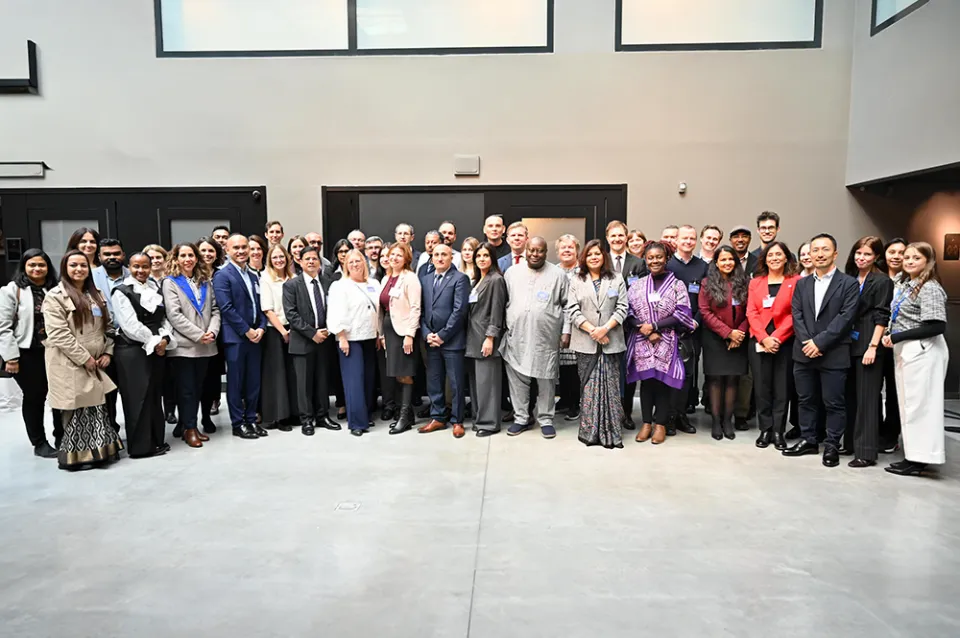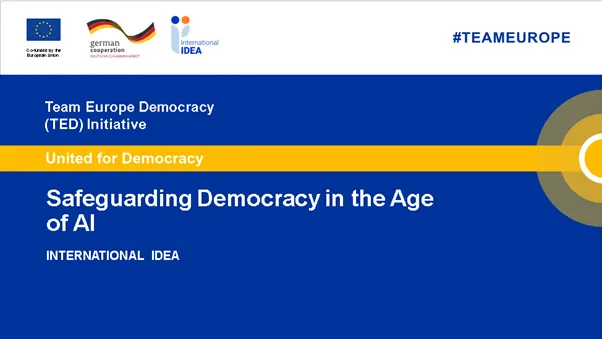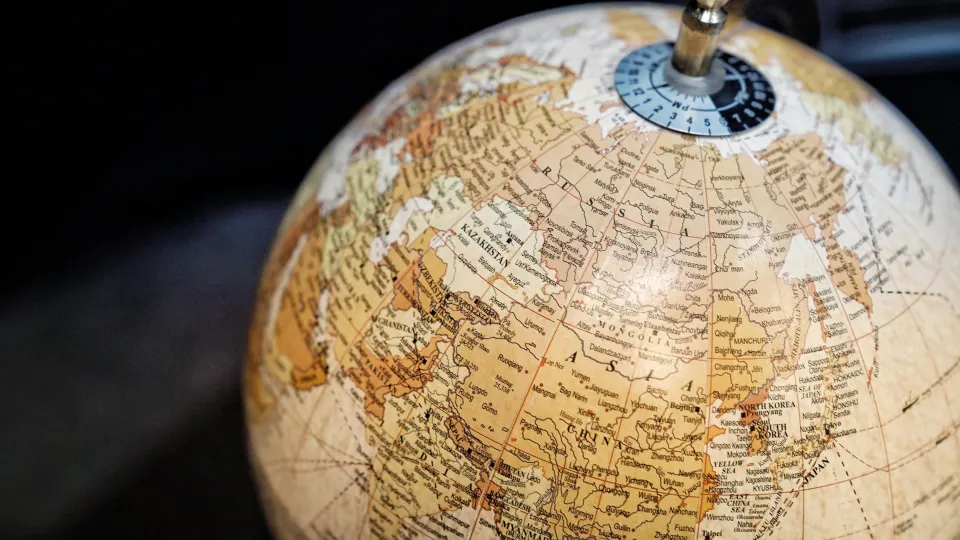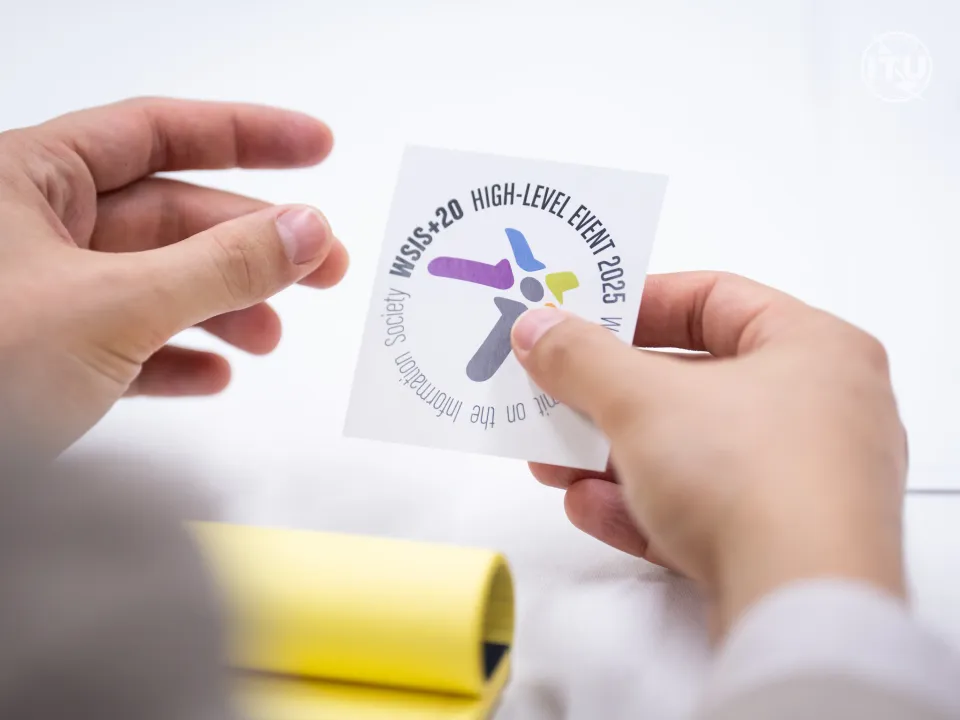Daniel Zovatto: “The rules of political financing must be thoroughly reformed.”

“What do the scandals concerning the notebooks of corruption and the fake contributions to the Cambiemos political coalition tell you about political financing?” “That it is like the tango ‘Yira, yira.’” “And why is that?” he is asked. “You will see that everything is a lie?” (He laughs.) “These scandals expose with crudeness the capital sins of our political-electoral system: the dark relationship between money and politics, irregular financing, and the obscene matrix of large-scale corruption.”
Known as one of the greatest experts in political finance, electoral systems, and democratic processes in Latin America, the Argentine Daniel Zovatto answers without going round in circles, but also with optimism: “These investigations create an unprecedented opportunity to end impunity in corruption cases in Argentina and to carry out a thorough reform of the rules that guide political financing. Democracy has no price, but it does have an operating cost. Hence the importance of not demonizing money, but it must be adequately regulated to avoid serious distortions in the democratic system,” says Zovatto, who is of the view that the latest scandals brings to the surface a systemic issue that will only be fixed with an in-depth and thoroughgoing political-electoral reform.
“The political class should demonstrate a genuine desire not only to regulate itself, but also to change its bad practices,” is the challenge put forth by the regional director for Latin America and the Caribbean, for more than 20 years, of International IDEA, an intergovernmental organization made up of 31 countries, based in Stockholm, and that seeks to support democratic processes.
- What are the main weaknesses of the current campaign finance system?
- The current regulatory framework has serious limitations. It is characterized by a high level of violations and opacity; the vast majority of the financial reports presented by the political parties to the electoral justice system are but a “sketch,” and the control mechanisms and sanctions are slow and weak. It is a pathology that affects the political system as a whole and that accordingly demands a profound and comprehensive reform of the current rules of the game.
- Do you consider it possible – or even relevant – to reform the political financing system just a few months before a new presidential race is about to begin?
- Not only I do consider it possible and relevant, but also urgent. It is a good time for the reform for two reasons: the most politically sensitive issues must be debated in non-election years, and it would be inadvisable and irresponsible to go into the 2019 presidential elections with the current legislation. It is necessary and urgent to make the true cost of politics and elections transparent, and then define how much public and private money we want to put into it.
- What should it be the main objectives of that reform?
- The reform should seek to accomplish six major objectives: make the system more open and honest, improve traceability, improve equity, improve transparency and accountability, to shield the electoral process and the political parties, and, finally, strengthen controls and sanctions.
- How? What key issues must be addressed?
- It should regulate, at the very least, eight aspects: (1) contributions should be channeled through the banking system to reduce as much as possible cash donations and to favor its traceability; (2) improve equity in electoral matters, regulating government advertising and increasing the time during which government acts aimed at capturing votes are prohibited; (3) sanction clientelism and the use of public resources for political party purposes; (4) increase transparency and accountability to fight the current high levels of opacity; (5) implement the registration of contributions and expenditures in real time; (6) implement a registry of online suppliers; (7) include the regulation of social networks along with the traditional media; and (8) strengthen the electoral justice system (increasing the number of auditors of the National Electoral Chamber (Cámara Nacional Electoral) and the flow of information from various sources), and harden the sanctions framework, including the candidates themselves among the people responsible for the breaches.
- What does “increasing the transparency of political financing” mean in practice?
- A complete change in the approach that makes it possible to know who has contributed and how much. And how much was spent, and on what. It also means making political finance (of both parties and election campaigns) completely transparent to avoid the risks of state capture.
- Is that possible?
- Political financing should be seen as part of an “ecosystem” of political integrity broadly, which in this sense should include regulations against corruption, influence peddling, and conflicts of interest, along with compliance standards applicable to the private sector. It is not enough to guarantee the integrity of the electoral process; one must guarantee the integrity of the political system as a whole and at all times.
- Is it possible to control how campaigns are financed?
- Yes, the candidates must be co-responsible for compliance with the rules of political financing; the National Electoral Chamber must to be strengthened; and an electoral justice system must be established as a specialized jurisdiction with enough resources to exercise genuine control. The way in which both are regulated makes it possible to evaluate the degree to which politicians are committed to the reform.
- And if violations of the law on financing are detected, what type of sanctions do you consider appropriate?
- The current rules are loose and inefficient, and comparative experience shows that without effective control bodies and, above all, without a regulatory framework (the “teeth” of the laws), that hurt and is enforced, and that is part of a system of rewards and punishment, the reform will not be effective.
- What does that mean?
- In the cases of serious violations, the loss of the elective office, if it is shown that the candidate was financed illegally or surpassed the maximum limit of election spending, as is currently the case in Brazil, Mexico, Chile, and Panama, among other countries in Latin America.
- Would not that imply going against the popular will if the candidate who won was excluded?
- No, it would be similar to what happened to the cyclist Lance Armstrong, whose prizes, triumphs and medals were withdraw for doping, that is to say, for unfair competition. Or putting it in another way, if the candidate is not responsible for what happens in his or her campaign, we are providing every incentive from the very beginning of the campaign for the legal limits to be disrespected. And the results of that sort of situation are in sight in Argentina! That is why the new law on political finance must foster a cultural change.
The interview, conducted by Hugo Alconada Mon, was originally published in Spanish in La Nación. The English translation was undertaken by International IDEA.



